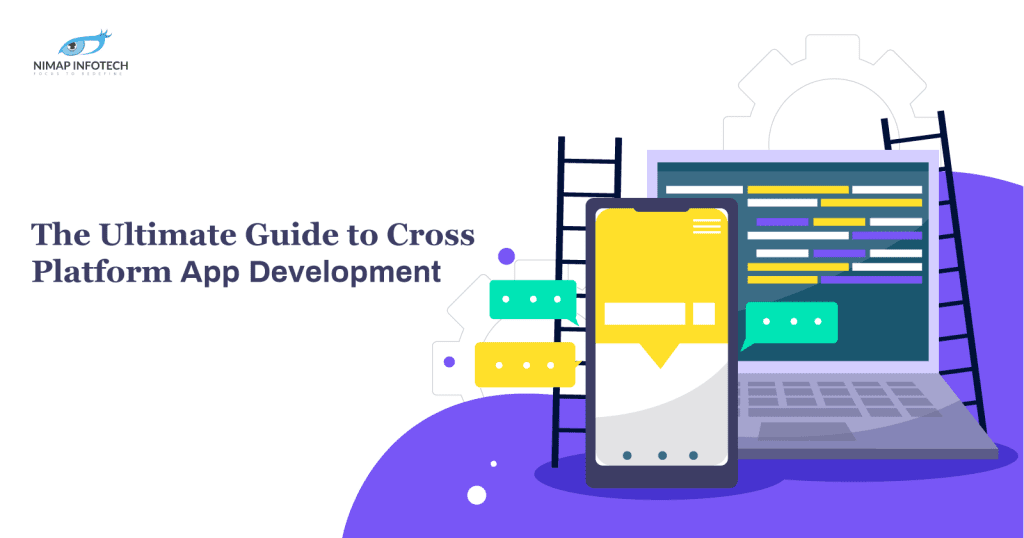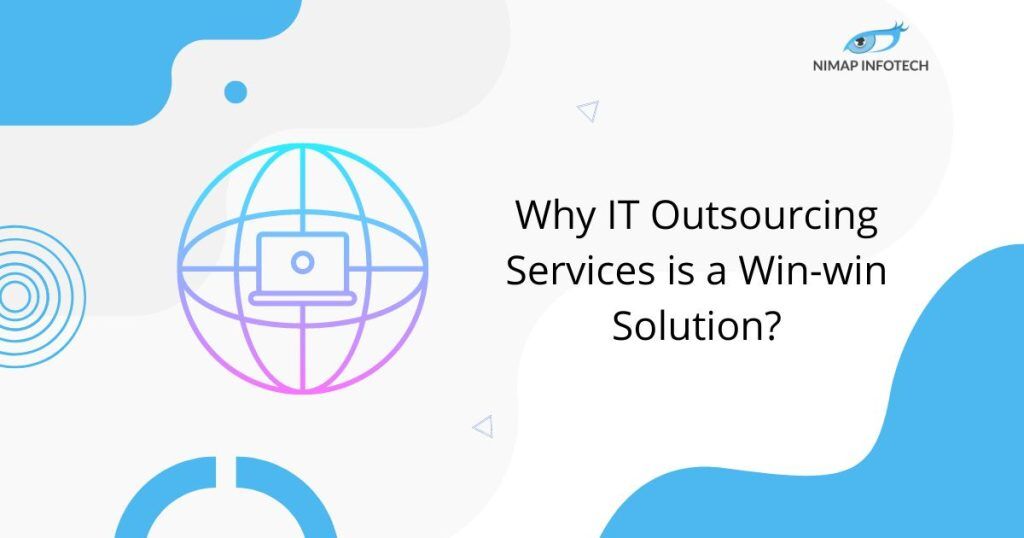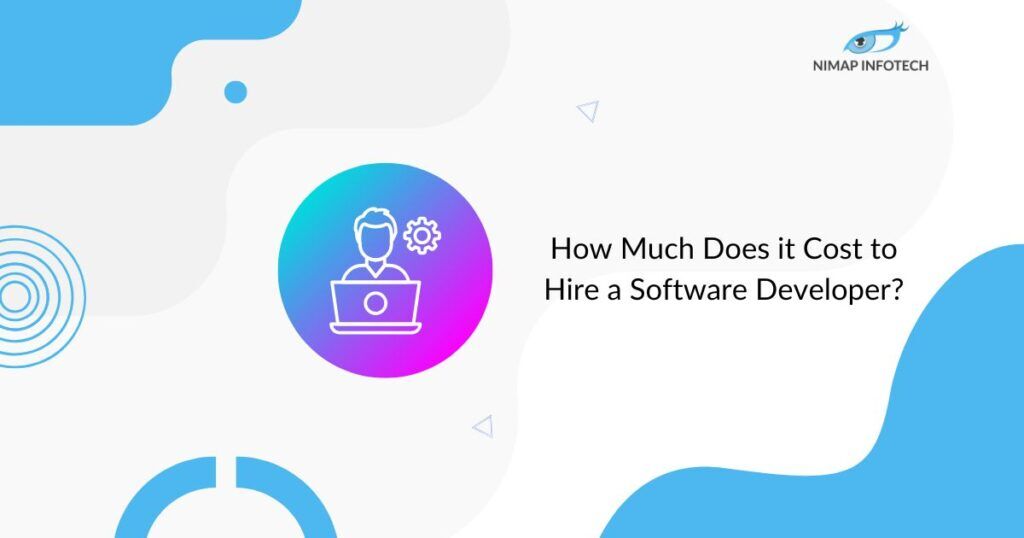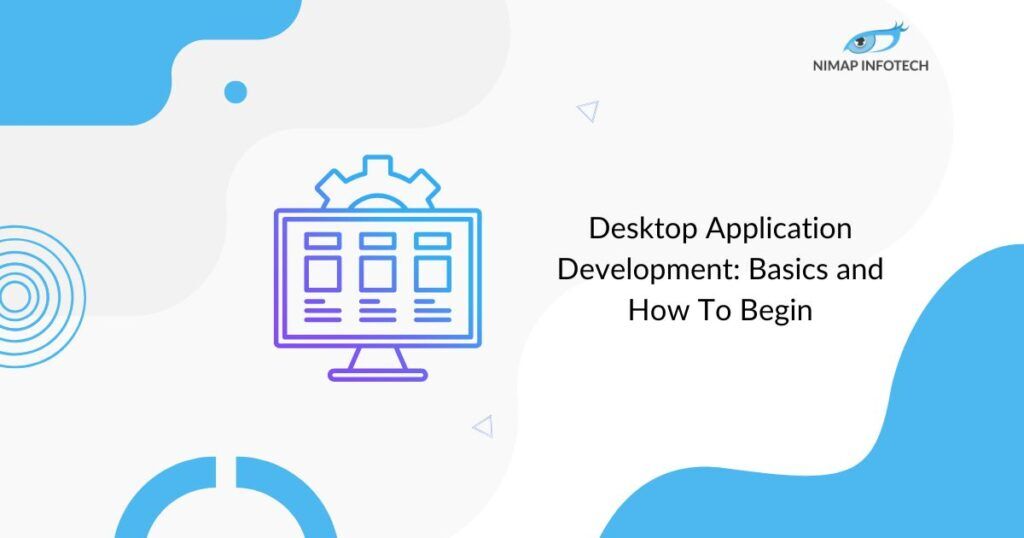Nowadays, developing a mobile application is easy, but finding the best technology and platform is more challenging. As a result, it is crucial that you choose the most appropriate application based on the requirements of your software.
About one-third of developers use cross-platform frameworks. Businesses can quickly and cost-effectively develop app solutions for Android and iOS using a cross-platform mobile development strategy.
It is estimated that over 6 billion smartphones are running over 4 million apps, and over 3.9 million apps are available on Google Play and App Store. The fast growing mobile app market has sparked a lot of interest in entrepreneurs. If you are a business owner who wants to launch a mobile app and has decided to build a cross-platform app, this article is for you.
Here are a few tips on developing efficient cross-platform applications, and we’ll discuss some of the advantages and disadvantages of cross-platform development.
Table of Contents
ToggleWhy do Cross Platforms turn out to be the best for App Development?
There are many platforms emerging simultaneously, so going for a 100 percent native Android app or iOS user interface is challenging. In addition, it takes a lot of time and money to code the app and UI for each platform, even though they all look and function almost the same.
To address this problem, we need to adopt a Cross-platform development approach that enables the development of apps for multiple platforms for the same cost and time as a single app using a third-party development kit.
Consider the following facts :
- Reusable code and databases save development time and effort, automatically reflecting a reduction in development time.
- It has multi layered backends of multiple apps, and upgrading and maintaining them becomes more expensive.
- By developing cross-platform apps, upgrades can be rendered to all platforms simultaneously.
- A good user experience is essential for sustainability; hence Cross Platform App development allows for a consistent user interface across all platforms, resulting in higher acceptance.
Also Read: Cross Platform App Development- Facts and Myths
Pro of Using Cross Platform App
Since Cross Platform app Development offers developers a wide range of advantages, they have gained immense popularity. The following are some of the most important advantages of cross-platform apps. Before you start looking for cross-platform app development companies, you should be aware of the various advantages.
Increases App reach
In comparison to a Single Platform App, a cross-platform app can work on a variety of platforms at the same time, which is a major advantage for the app since it improves its reach.
Rapid App Development
It is significantly quicker to develop a cross-platform app than to develop a native app. In contrast to native apps, the app owner has to hire a separate app development team for each platform. Building, testing, and deploying two apps take a lot of time for two teams. With cross-platform apps, it is only possible for one team to build the app.
Simple to manage and deploy
When you maintain two native apps for different platforms, it is much harder than when you maintain one cross-platform app. Compared with two native apps, a cross-platform app is much easier to debug and update. A single codebase can reduce developers’ time and costs. And updates can be easily synced across all platforms and devices since they only have to maintain a single codebase.
Lower development costs
As a result of the fact that developers are only required to build one cross-platform app, the development cost for cross-platform apps is significantly lower than that for native apps. As a result, there is no need for two separate teams to develop native apps. Cross-platform apps require only one team versus two for native apps, so the cost of building a cross-platform app is half.
Easy cloud integration
As a result of its security, scalability, ease of use, and reliability, cloud technologies are among the most popular technologies, and modern app development technologies make it easier for cross-platform mobile apps to be integrated into cloud-based hosting services. The various plugins integrated into the cloud settings can be utilized by cross-platform apps.
Code reuse
Cross-platform apps allow developers to reuse code, which saves time and resources spent on writing new code. It is possible to reuse code in cross-platform apps, so developers can spend less time and money on writing new code.
Uniformity in Designs
In order to create a smooth user experience, consistency in the user interface is essential. If the interface is inconsistent across devices and platforms, then the users may become confused. Users will be discouraged from using the app as a result of this confusion, and this will lead to the app’s failure. Maintaining a uniform design across multiple native apps on different platforms can prove difficult. With cross-platform apps, developers can maintain a consistent design and feel across multiple platforms.
Reduced timeframe to the marketplace
The adage “time is money” applies to app development as well, as it will boost the chances of your eCommerce business growing if you have a quicker time to market for your app. The development of cross-platform applications helps businesses accelerate their time-to-market since they only need to develop one cross-platform application and not two native ones. They can also transform the app or customize it if needed.
In contrast to making changes to multiple codebases, it takes less time to modify a single codebase. In order for your business to be successful, you need to choose a cross-platform app development company that is industry-leading by following the above practices. Top cross-platform app development companies develop robust, reliable cross-platform apps that can be used across multiple platforms and are industry leaders.
Framework Tools To Develop Your Cross Platform App Development
Ionic
If you’re looking for a native-like application, our developers love Ionic, an Angular Js-based framework for cross-platform development. Developers can use HTML, CSS, JavaScript, and Cordova wrappers to access native platform controllers, and it’s an open-source front-end framework that allows developers to customize the code structure according to their preferences.
It uses the Cordova plugin to grant access to devices’ cameras, mic, GPS, and other device features. Additionally, Ionic provides many UI components as it is based on the SaaS UI framework.
React Native
The framework is based on Javascript and allows users to create real code to give mobile apps a native-like appearance. In addition to being the most cost-effective cross-platform app development platform, React Native offers high compatibility with third-party services/apps, such as GPS integrations and one-time coding at its best.
React Native concentrates on the highly flexible user experience. And its reusable components make it simple for all of our engineers to build. Allowing them to deliver high-quality cross-platform software for your company.
Flutter
During the past year, Google introduced Flutter, a framework for developing applications that run easily on a variety of platforms. With its support of portable GPUs, Flutter lets you work on the latest interfaces, making it a great choice for MVPs (Minimum Viable Products). Alibaba and Google Ads are some of the most famous Flutter apps.
Native Script
WORA (Write Once, Run Anywhere) functionality makes Native Script the most popular choice for developers. It has a large library of libraries, and by using WORA, the development process becomes more efficient and less expensive. Native Script can make beautiful and accessible user interfaces without requiring a review. It supports segments such as Cocoapods and Android Arsenal and calls local strategies from libraries. It uses Angular and TypeScript for its programming.
Xamirin
As of 2016, Xamarin has become one of the leading open-source platforms after being acquired by Microsoft in 2016. This cross-platform mobile app framework is built with C#, the Dot NET framework, and a variety of tools. For example, an IDE, SDK Test Cloud, etc.
XAMARIN – Using C# for coding, the app can run on Android and iOS, as well as any other platform. By allowing developers to reuse code up to 75%. Xamarin allows for the creation of mobile apps that are compatible with MVC and MVVM architectures, which allows them to write once and use them anywhere.
Read More: Reasons to Choose Flutter for Cross Platform App Development
Development of Cross-platform applications: Challenges and Opportunities
The cross-platform apps do not support native-only features and capabilities of mobile devices. Such as 3D effects or complex graphics and animations. Due to the limited functionality and bad design. Cross platform apps often have limited functionality and higher time consumption when used.
For inexperienced programmers, developing cross-platform applications is not as simple as it looks, especially if you want to integrate local settings. In this case, developers use cross-compliance during development, resulting in slower code and, therefore, slower applications.
Wrapping It Up
A comprehensive guide to cross-platform app development is here. Keep in mind that your app’s success depends on several factors. The most important of which is the quality of your developers. Choosing the ‘right’ developers is crucial because they’ll handle the majority of development, but that’s easier said than done. In this case, mobile app development companies come in handy.
The majority of established mobile app development companies, like Nimap Infotech, already have experienced developers and designers on the bench. You will save time and money by hiring our developers, which will save you valuable time and effort.
Author
-

A technology enthusiast with over 14+ years of hands-on experience in the IT industry, I specialize in developing SaaS applications using Microsoft Technologies and the PEAN stack. I lead a team of 300+ engineers, holding multiple Microsoft certifications (MCSD, MCTS, MCPS, MCPD). My expertise spans across C#, ASP.NET, NodeJS, SQL Server, and Postgres.
View all posts








